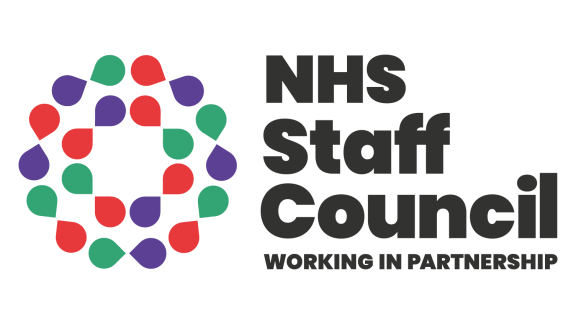Agenda for Change pay deal 2023 - latest non-pay commitments update

Further to the non-pay commitments update provided on 18 November 2024, the Secretary of State for Health and Social Care has written to the NHS Staff Council with an update on the non-pay commitments.
The Secretary of State for Health and Social Care has written to the NHS Staff Council this week (8 April) confirming that 36 of the 37 joint recommendations made to him have been accepted.
In particular, he drew attention to the recommendations around job evaluation, violence and aggression and nursing career progression – he did note that it had not been possible to provide further funding to the international nursing and midwifery associations at this time but was confident in their continued work.
The NHS Staff Council along with the Department of Health and Social Care (DHSC), NHS Employers and NHS England will now develop a phased implementation work programme.
He thanked those involved in the work to date and was confident that the implementation of these recommendations will help improve the working lives of staff across the NHS.
Further information:
- Read the November 2024 update.
- Joint statement from the co-chairs of the NHS Staff Council.


